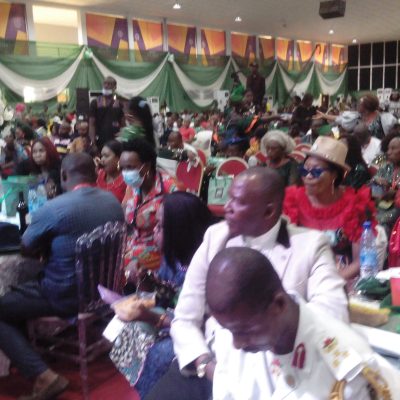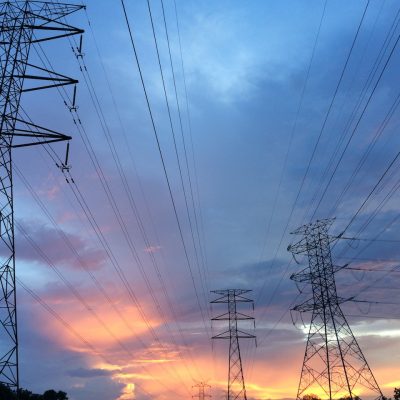FLASHBACK SERIES – In the 1980’s Nigeria exchanged 80kobo to $1 but today it is around #600 to $1
FLASHBACK SERIES
In the 1980’s Nigeria exchanged 80kobo to $1 but today it is around #600 to $1
The reasons are not far fetched
We were far more productive then than we are today
In the 80s the key reasons for economic growth were production abilities as follows:
1) We were net exporter of refined petroleum products. Today we import all our refined petroleum products.
2) We rode in locally assembled cars, buses and trucks. Peugeot cars in Kaduna and Volkswagen cars in Lagos.
Leyland in Ibadan and ANAMCO in Enugu produced our buses and trucks.
Steyr at Bauchi producing our Agricultural tractors.
And it was not just Assembly, we were producing many of the components.
Vono products in Lagos producing the seats.
Exide in Ibadan producing the batteries, not just for Nigeria but for the entire West Africa.
Isoglass and TSG in Ibadan producing the windshields.
Ferodo in Ibadan producing the brake pads and discs
Tyres produced by Dunlop in Lagos and Mitchelin in Portharcourt.
The tyres were produced from rubber plantations located in Rivers State, then Bendel state and other coastal regions
3) We were listening to Radio and watching television sets assembled in Ibadan by Sanyo.
*4) We were using refrigerators, freezers and Airconditioners produced by Thermocool. 5) We were putting on clothes produced from the UNTL textile mills in Kaduna and Chellarams in Lagos.
Not from imported cotton but from cotton grown in Nigeria.*
6) Our water was running through pipes produced by Kwalipipe in Kano.
7) Our toilets were fitted with WC produced in Kano and Abeokuta. *8) We were cooking with LPG gas stored inside gas cylinders produced at the NGC factory in Ibadan.
9) Our electricity was flowing through cables produced by the Nigerian wire and Cable, Ibadan and Kablemetal in Lagos and Portharcourt.
10) We had Bata and Lennards producing the shoes we were putting on
Not from imported leather but from locally tanned leather at Kaduna.
11) We were mainly flying our airways, the Nigeria Airways, to most places in the world.
The Airways was about the biggest in Africa at that time.
12) Most of the food we ate were grown or produced in Nigeria.
We were producing all of the above and more in 1980
Today, we import almost everything.
Here is the source of the terrible exchange rate we are experiencing today and everybody reading this has a critical role towards reversing this very dangerous trend.
It is not enough for us to complain about the exchange rate or point out what others are not doing or are failing to do, the key question is what are we producing or what are we planning to produce?
Going forward, it is time to ponder and think of the way forward progressivesly before it becomes too bad
We have been talking about these problems and more for ages…
When will there be sustainable actions?





